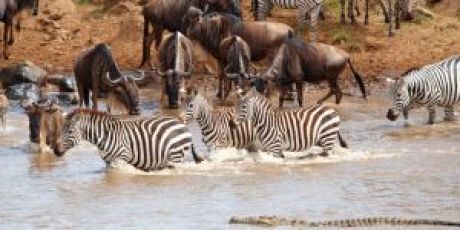Will you help deliver bear-safe bins to communities living with polar bears?
Posted on
|
Polar Bears International have a fundraiser on with a difference. They are looking to raise money to buy bear-safe bins! These will help keep both polar bears and people safe. In 2020, Polar Bears International say the summer ice melt in the Arctic is on schedule to be one of the largest on record. This ice melt has several outcomes: Polar bears are going ashore for longer periods and in more places than before They are at greater risk of being in conflict with people They re hungrier when they arrive on land and they have to look for alternative sources of food. So one solution is to reduce encounters which could prove to be dangerous by reducing food attractions. Polar Bears International have a fundraiser called Bear-Safe Bins, and this will enable them to deliver bins that are resistant to polar bears to communities sharing areas with polar bears.
The bins will reduce conflict between polar bears and people and so help keep everyone safe. Join the Bear-Safe Bins Fundraiser, and help provide this simple solution to a growing problem. Polar Bears International have sent two pilot bins for use in Churchill, as part of its Polar Bear Safe Community and now they're raising more funds so that extra bins can be sent out to communities needing them. The bins aren't cheap - they are $1,000 each- but then you need good quality bins to fend off polar bears! Visit Polar Bears International here Donate to the Bear-Safe Bins Fundraiser here - and no, you don't need to buy an entire bin, you can contribute towards one! |
